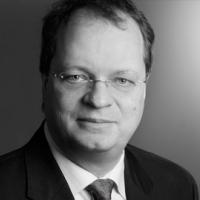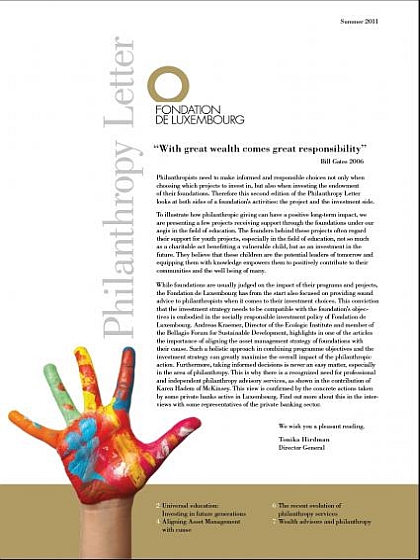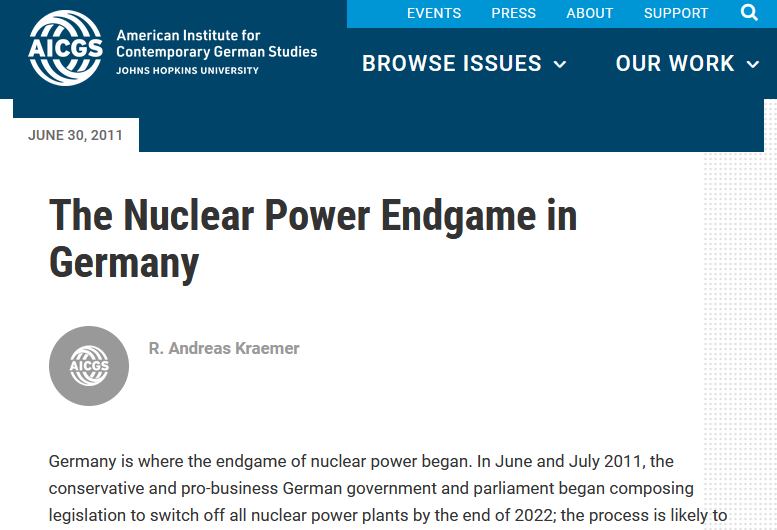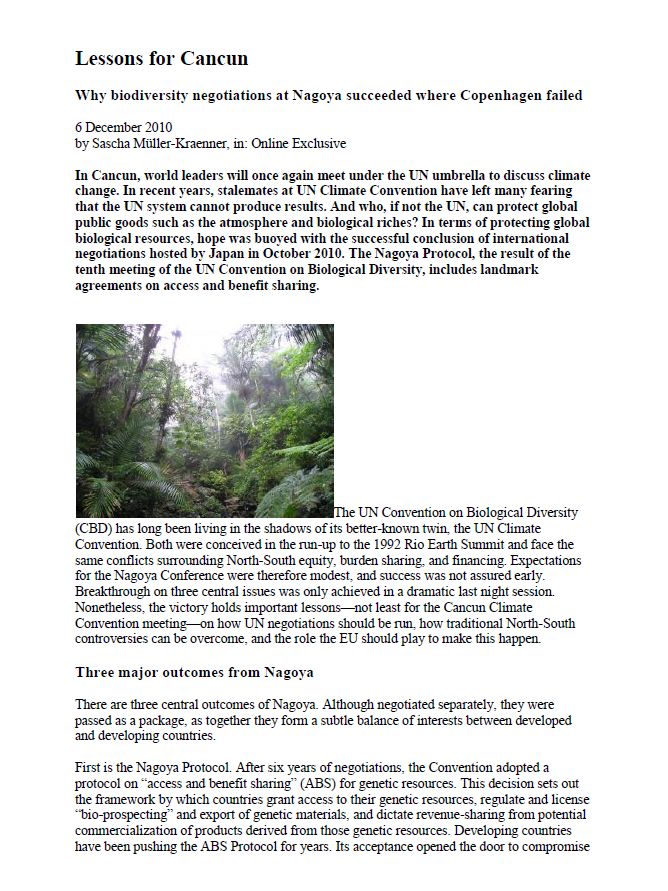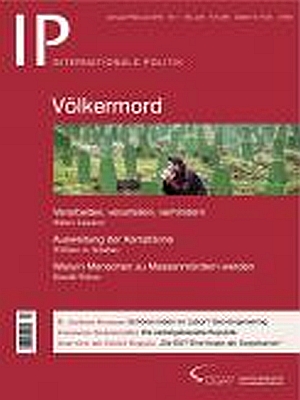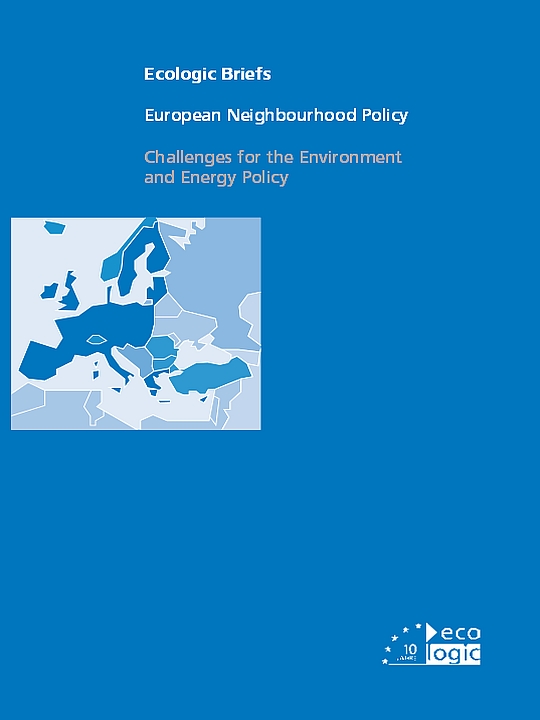Democracy, Stability, Integration – A Sustainable European Neighbourhood Policy?
- Presentation
- Date
-
- Location
- Brussels, Belgium
- Chairing
The current and future impact of the European Union on the sustainable development of its neighbours to the south and east and proposals for the future direction of the European Neighbourhood Policy (ENP) were the themes of this session that took place at the 2006 Annual Conference of the European Foundation Centre (EFC).
During the event an Ecologic Brief on European Neighbourhood Policy, written by Sascha Müller-Kraenner, was launched.
The session was chaired by R. Andreas Kraemer from Ecologic Institute (Germany) and board member of the Bellagio Forum for Sustainable Development. Andreas Kraemer reminded the audience that the EU neighbourhood policy will, in effect, "export" to the EU's neighbours (regardless of whether they will join the EU or not) not only environmental policies but also production and consumption patterns, transport and energy policies, and indeed popular lifestyles. Some of these patterns have proven to be unsustainable in Europe, so it should be reviewed whether they merited export to the EU's neighbours.
Paloma Agrasot from the WWF European Policy Office stressed that sustainability should be defined in economic, social and environmental terms, and that it is tied to democracy as well. In influencing EU neighbourhood policy, WWF focuses on three areas:
- promoting the “green” agenda, defined as nature protection and biodiversity conservation, as well as sustainable management of natural resources;
- promoting the “brown” agenda to limit the impact of unsustainable development (i.e. some transport and energy projects) and promote cleaner alternatives; and
- ensuring civil society capacity so that citizens and NGOs can meaningfully participate in the process, assess policies, and educate the public.
Sascha Müller-Kraenner focused his presentation on energy policies and suggested that EU policies will shape the development of these regions for the next decade. What can foundations do to influence these developments? Sascha Müller-Kraenner suggested four areas:
- establish intellectual capacity in universities and think tanks to analyse and understand these policies;
- strengthen civil society actors;
- help to build coalitions and networks among civil society actors; and
- strengthen their capacity to inform and educate the public.
He noted successful examples of civil society activity that had helped stop or change damaging pipeline projects in Azerbaijan and Eastern Siberia, and proposed that future activity focus on three examples:
- The Baltic Sea pipeline between Russia and Germany (a potential environmental problem with WWII poison gas barrels buried in the sea);
- Energy in Ukraine, where inefficiencies and waste generate massive pollution; and on
- Establishing watchdog groups to monitor Gazprom and other energy companies with questionable practices.
Finally, Cvjetana Plavsa-Matic from the National Foundation for Civil Society Development in Croatia discussed the work of her foundation, which was founded in 2003 by an act of the Croatian parliament in 2003 with the explicit purpose to promote civil society. Their programs and grants build the enabling environment for civil society, support NGOs to connect and form coalitions, strengthen education systems and research programmes, and support non-commercial media projects. Ten years after the end of the Balkan wars, they also seek to build institutions that link Croatians with their neighbours, and Plavsa-Matic noted that civil society links across the region are often better developed than official diplomatic channels.
Members of the audience thanked the speakers for their presentations. Several speakers contributed positive examples of engagement in the ENP countries, notably in the Southern Caucasus with the regional trust fund for trans-boundary cooperation and the protection of biological diversity. Some noted that environmental groups are not always democratic actors, and that a functioning civil society may not be a safeguard against conflict, war and descent into barbarism.



